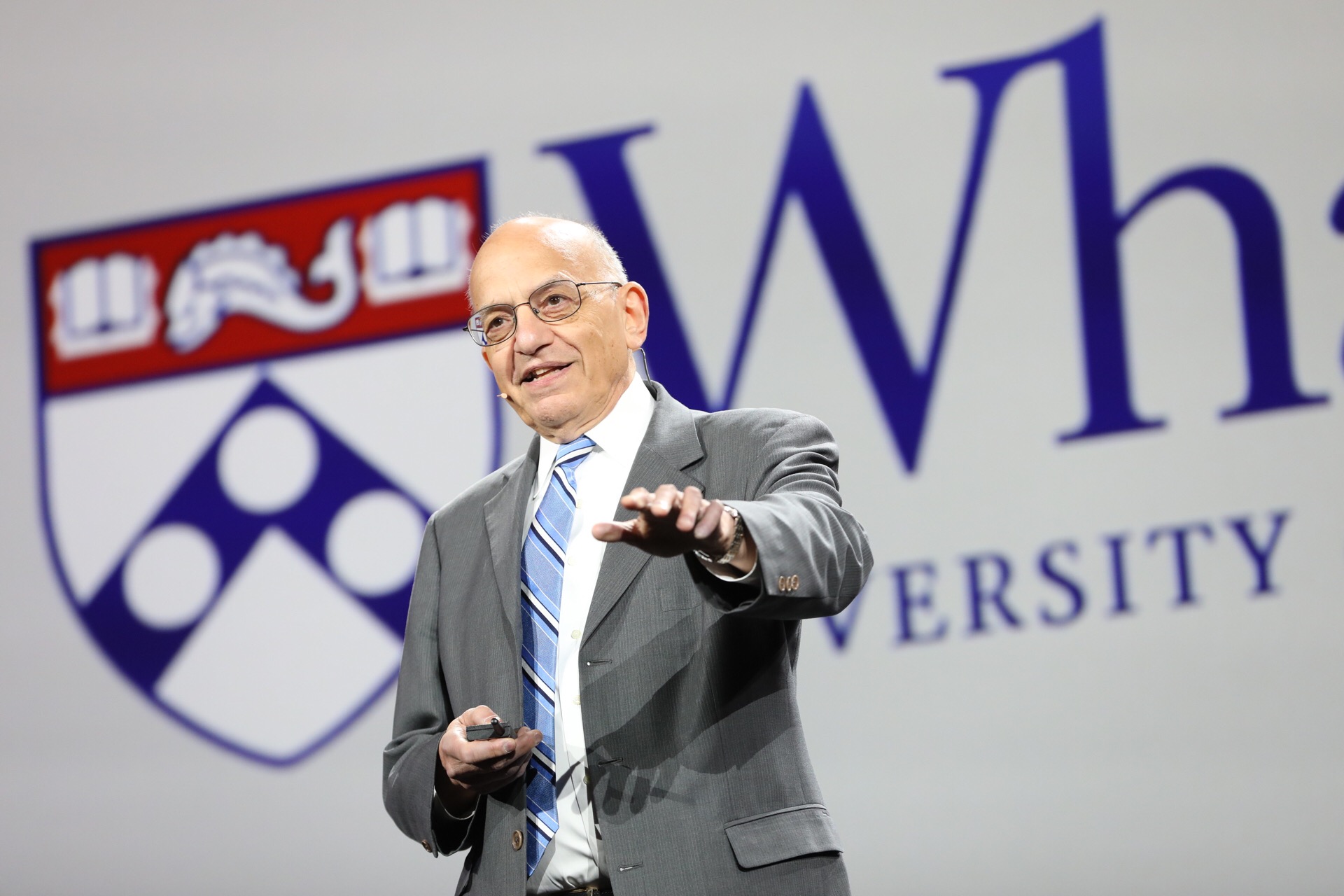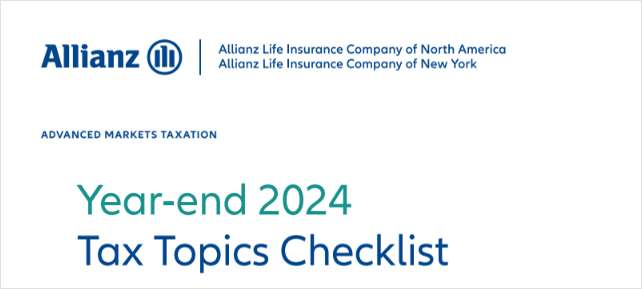
 Prof. Jeremy Siegel speaks at LINC 2018. (Photo: Lila Photo for TD Ameritrade Institutional)
Prof. Jeremy Siegel speaks at LINC 2018. (Photo: Lila Photo for TD Ameritrade Institutional)
Democrats and Republicans may compromise on Congress providing financial aid to U.S. states that need assistance, with the battle coming down to the "dividing line" between aid directly related to COVID-19 costs vs. pension costs and any other pre-virus fiscal issues states have, according to Jeremy Siegel, professor of finance at Wharton and WisdomTree senior investment strategy advisor.
On Tuesday, House Democrats unveiled a $3 trillion aid bill that includes money for states. Republicans indicated they were in no rush to begin negotiations.
Discussing investments in municipal and other bonds, Siegel pointed out Monday, during his weekly conference call on the state of the markets, that "there has been some concern about the burden on municipals" as a result of the pandemic and accompanying economic slowdown.
There is specifically "some concern that the big push for fiscal support" by the federal government "has waned a bit now that the stock market's back," according to Siegel. There is a "little bit less urgency and there's a question of whether there'll be a further stimulus" provided by the federal government, he said.
President Donald Trump's chief economic advisor, Larry Kudlow, recently said the White House would like to pause before a fourth coronavirus aid program is developed, although he doesn't rule it out. Congressional Democrats have been pushing for an aid package that would include more funds for states and cities, but Republicans, led by Senate Majority Leader Mitch McConnell, R-Ky., and Trump, have opposed such funding. McConnell has suggested that states file for bankruptcy if they can't balance their budgets, which is not legal.



